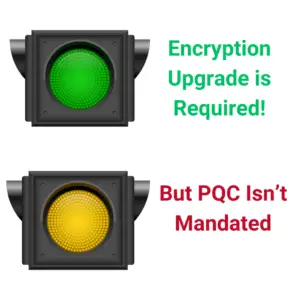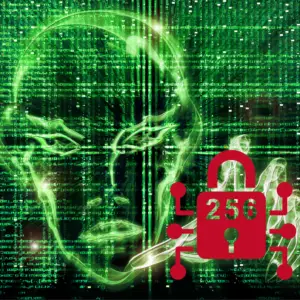QuSmart.AI Infinity QSIaaS
Quantum Security Infrastructure as a Service (QSIaaS) for cloud, on-prem, Satellite, IOT and other closed systems that need quantum secure.
QuSmart.AI Infinity AES-256 Encryption: Quantum Resistant
AES-256 encryption using keys with maximum entropy, statistically equivalent to radioactive decay.
QuSmart.AI Infinity Cyberstorage
Turn any data storage into cyberstorage. Protect data from theft and ransomware with Perfect Secrecy.
QuSmart.AI Infinity DRM System
Quantum-Secure, AI-Driven Cryptographic Security for End-to-End Digital Asset Protection with digital signatures.


 The product itself is the testimony. Its security is guaranteed by Shannon Entropy’s proof, not subjective experience. With proven, unbreakable encryption, rigorously reviewed by cryptography experts, the solution speaks for itself—delivering the highest standard of protection.
The product itself is the testimony. Its security is guaranteed by Shannon Entropy’s proof, not subjective experience. With proven, unbreakable encryption, rigorously reviewed by cryptography experts, the solution speaks for itself—delivering the highest standard of protection.




